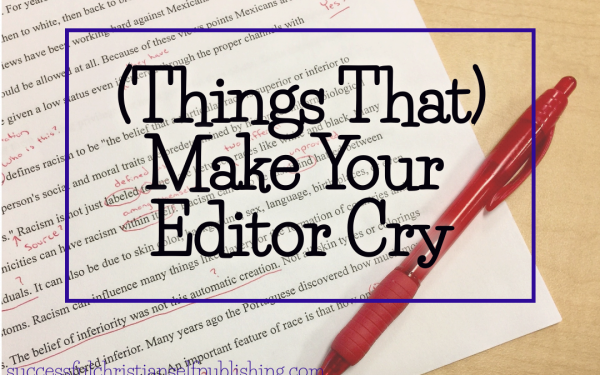Make Your Editor Cry: (LATIN) et al.

“Et al.” is short for the Latin term “et alia,” meaning “and others.” It is used to refer to multiple people, as in when referring to a source with multiple authors. Never use “et al.” to refer to things, only to people.
The “et” in “et al.” is never followed by a period. The “al” in “et al.” is always followed by a period. This is because the term is an abbreviation of the Latin phrase “et alia”—the period indicates that it is an abbreviation.
“Et al.” may be directly followed by other punctuation where necessary, but the period always comes first. When the phrase “et al.” follows the last name of the person no punctuation should follow the name.
Incorrect:
The class was taught by Bridgeman, et al. and lasted 50 minutes.
Correct:
The class was taught by Bridgeman et al., and lasted 50 minutes.
When “et al.” comes at the very end of a sentence, only one period is used.
Example:
The 50-minute class was taught by Bridgeman et al.
“Et al.” should not be confused with “etc.”; it is used for lists of people, whereas “etc.” is used for lists of things and concepts.
Example:
Bridgeman et al. (2020) discuss various considerations (political, religious, etc.) that may bias the survey results.
NOTE: The CMOS directs that when you deal with sources with one, two, or three authors, list all author names in your in-text citations whether in footnotes or as the author-date notation. But for sources with four or more authors, just use the first name followed by “et al.”

Gregg Bridgeman is the Editor-in-Chief at Olivia Kimbrell Press. He is husband to best-selling Christian author Hallee Bridgeman and parent to three. He continues to proudly serve in the US Armed Forces and has done so in either an active or reserve capacity for more than twenty years as an airborne and air assault qualified paratrooper, earning a Bronze Star for his service. Most importantly, he was ordained in October of 2001 after surrendering his life to Christ decades earlier.

